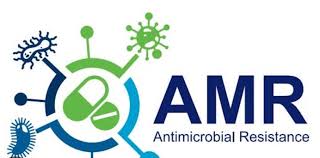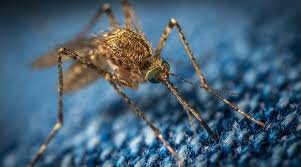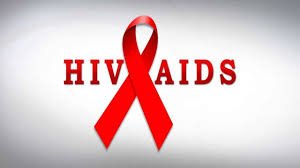Nigeria has unveiled a comprehensive strategy to address the growing threat of Antimicrobial Resistance (AMR), which was linked to over 64,000 deaths in the country in 2019.
The Coordinating Minister of Health and Social Welfare, Muhammad Pate, announced the launch of the “National Action Plan on Antimicrobial Resistance (AMR) 2.0” in Abuja on Friday, highlighting the urgent need to combat this escalating public health crisis.
During the event, organized by the Nigeria Centre for Disease Control in collaboration with the Ministry of Health and Social Welfare, Minister Pate revealed alarming statistics about AMR’s impact.
He stated, “AMR threatens the very foundation of modern medicine, rendering routine procedures, surgeries, and treatments less effective, and at times, ineffective.”
The minister emphasized the widespread nature of AMR in Nigeria, noting, “A situation analysis on AMR found that it is predominant not only among the country’s population but also among animals, crop-sourced food, and the environment.” This multifaceted presence underscores the complexity of addressing AMR effectively.
Pate warned of the potential future consequences if AMR is left unchecked, saying, “By 2050, AMR could cause 10 million deaths annually if necessary actions are not taken.”
He added, “AMR, unaddressed, can surpass cancer as a leading cause of mortality globally.”
The economic implications are equally dire, with projections estimating global losses of over $100 trillion.
The newly launched AMR NAP 2.0 is a revision of the national action plan adopted in 2017. It aims to guide Nigeria’s efforts in combating AMR over the next five years. Kabir Junaid, Co-chair of the AMR technical working group, outlined six key strategic objectives of the plan:
Strengthening leadership and surveillance systems, improving public awareness, implementing infection prevention and control programmes, ensuring access to quality microbials, increasing the knowledge capacity of relevant stakeholders.
Junaid emphasized the importance of a comprehensive approach, stating, “The inappropriate use and abuse of antimicrobials poses a significant threat to public health, driving the spread and dissemination of AMR. To combat this, a comprehensive strategy is imperative, involving prescribers, producers, and patients in safeguarding the effectiveness of antimicrobials.”
The implementation of these strategic objectives is estimated to cost $77,633 (approximately N127 million at the current exchange rate).
In addition to the AMR action plan, the Ministry also launched the Nigerian National Genomic Surveillance Strategy. This initiative aims to harness genomic resources to advance healthcare and health system development in Nigeria.
Mayowa Owolabi, Director of the Centre for Genomics and Precision Medicine at the University of Ibadan, highlighted the potential of genomics in addressing health challenges.
He stated, “If a cure is ever found for incurable diseases such as cancer, hypertension, or diabetes, it will almost certainly come from breakthroughs in genomics.”
Owolabi emphasized the need for Nigeria to tap into genomic resources, suggesting the establishment of an agency focused on genomes, such as “the Genome Nigeria or the National Genome Project.”
He pointed out the untapped potential of Africa’s rich genomic resources, noting, “Africa has the richest genomic resource because Africa is the cradle of humanity, genetically.”


























